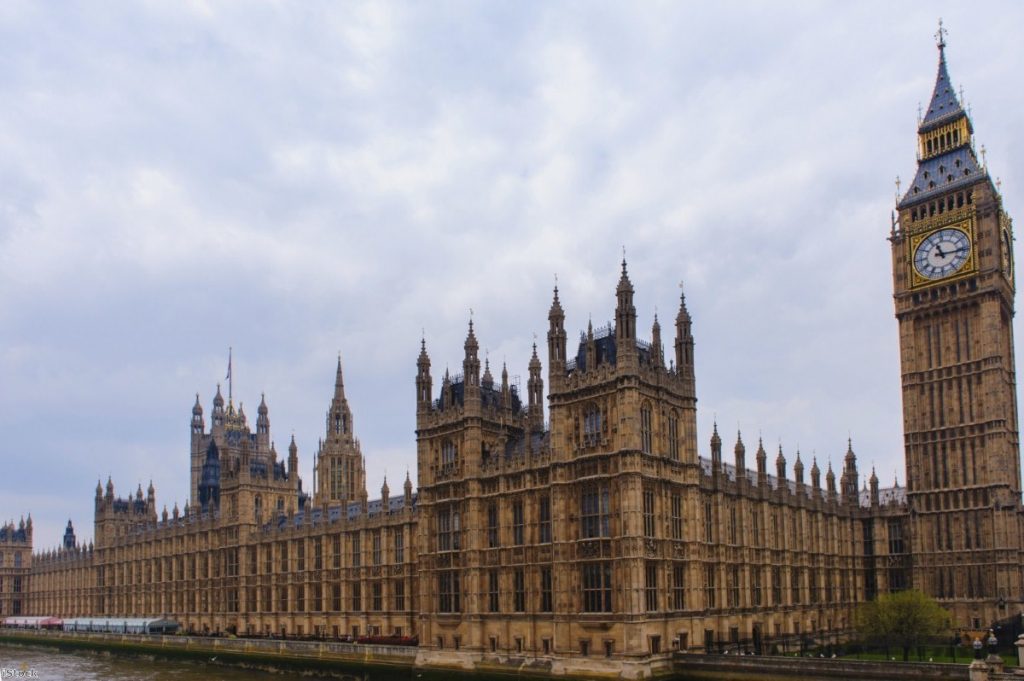By Dr Stuart Thomson
Really knowing what MPs think of you can be a double-edged sword. On the one hand it can show that engagement work has paid off, on the other it can reveal that so much more needs to be done. The results from our latest Parliamentary Snapshot will worry some but reassure others.
The Snapshot has now been running for four years and it uncovers MPs' views on policies impacting entrepreneurs, providing unique insights on the opinions and working knowledge of the House of Commons.
There is no doubt that we are in a time of particular challenge for business, not least because of the current level of uncertainty around Brexit. That makes the support mechanisms for business, but particularly start-ups and entrepreneurs, of real importance.


This year's Snapshot showed that two-thirds of Tory MPs (66%) thought that a hard Brexit would be best for entrepreneurship in the UK. This compared to just 8% of Labour MPs.
In contrast, 71% of Labour MPs thought it would be positive for entrepreneurship if we remain in the EU, with just 10% of Labour MPs thinking it would be negative.
Away from Brexit, MPs across the political divide actually had quite a lot of views in common when it came to business support. Both the main parties recognised the support role played by Local Enterprise Partnerships (LEPs) and the Northern Powerhouse.
LEPs are business-led partnerships between the private sector and local authorities established with the purpose of steering growth strategically in local communities. There are now 38 across the UK, funded through Growth Deals agreed with the UK government, and ranging in size according to local needs.
Of the MPs surveyed:
- 62% thought they are effective.
- 11% thought they have no impact.
- 14% had never heard of, or knew too little to say whether they are effective.
- 13% thought they are ineffective.
The quality of LEPs has come in for criticism in the past. Some are seen to work well, where others lack drive and local engagement. A National Audit Office report in March 2016 found "LEPs themselves have serious reservations about their capacity to deliver and the increasing complexity of the local landscape, and there is a risk that projects being pursued will not necessarily optimise value for money".
However, government continues to use them as a channel for local development and has provided additional funding direct to them. So for businesses they are part of the local support mechanism.
The survey also showed cross-party agreement on the degree of priority given to LEPs but the picture is a little more complicated when it comes to the Northern Powerhouse, the series of policies to support economic growth in Northern cities. Of the MPs surveyed:
- 53% thought it effective.
- 19% thought it has no impact.
- 13% had never heard of, or knew too little to say whether it is effective.
- 14% thought it ineffective.
Generally, MPs' sentiment towards the scheme has risen. This does, however disguise the dip in support from Labour MPs in 2016 which it recovered in 2017. It is also clear that Labour MPs give the initiative a lower priority than Conservative MPs. This may reflect its creation by George Osborne and the fear it is being used a Trojan horse for electoral gains for the Conservatives. All sides do, though, see its value in terms of support for entrepreneurial initiatives. No doubt the recently launched All Party Northern Powerhouse Group will try to build on this sentiment.
The Northern Powerhouse is moving from rhetoric into reality not least since the election of mayors in the major city-regions. The success of these mayors, along with the promise of more mayors, will make-or-break both the efforts to rebalance the economy and of the whole devolution initiative.
The British Business Bank was a clear winner from the Snapshot. This too helps the Northern Powerhouse as the Bank runs a specific Investment Fund covering the area (now along with funds for the Midlands Engine, and Cornwall and Isles of Scilly) and wants to engage locally as well.
There is, however, a danger that mayors and cities start to compete against each other and focus on a collective jealousy of London, its economy and the level of spending it receives, rather than on continuing to strengthen their local businesses and helping them to make the most of Brexit.
The new mayors in England, together with LEPs, have the opportunity to make a real economic difference and capture local entrepreneurial initiative. MPs, as the survey shows, recognise this role.
Dr Stuart Thomson is the head of public affairs at Bircham Dyson Bell
The opinions in politics.co.uk's Comment and Analysis section are those of the author and are no reflection of the views of the website or its owners.









